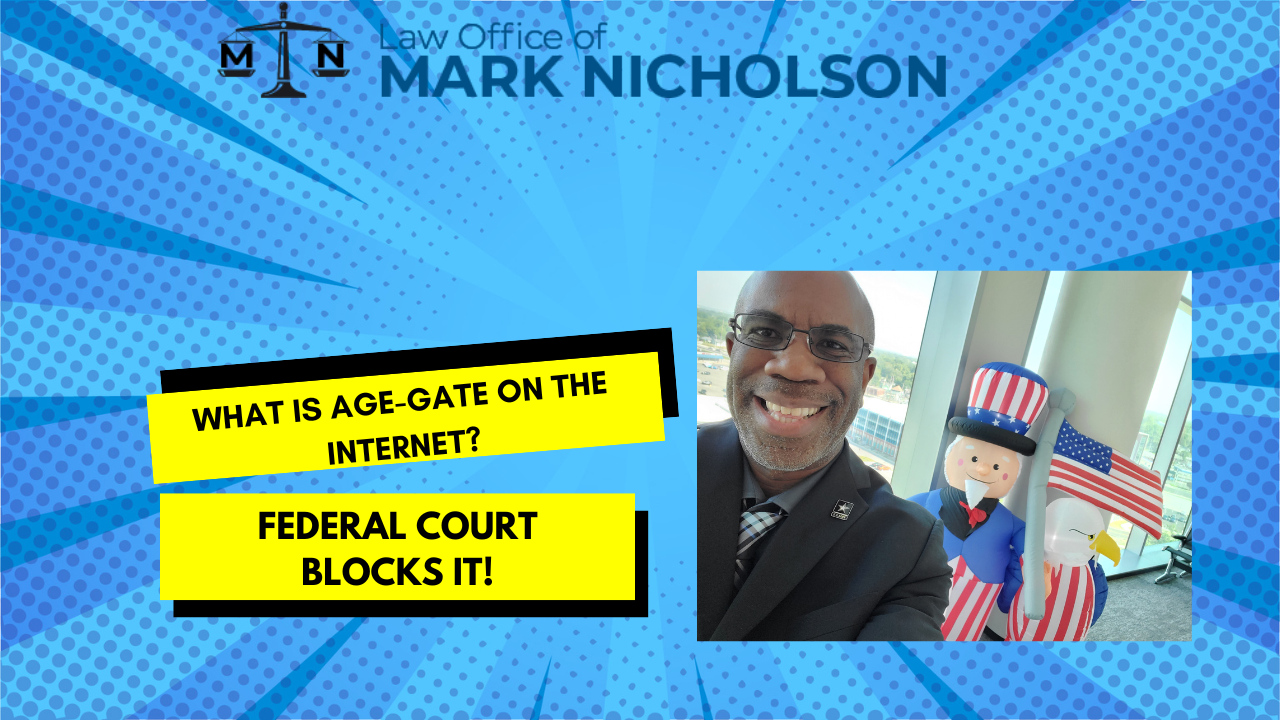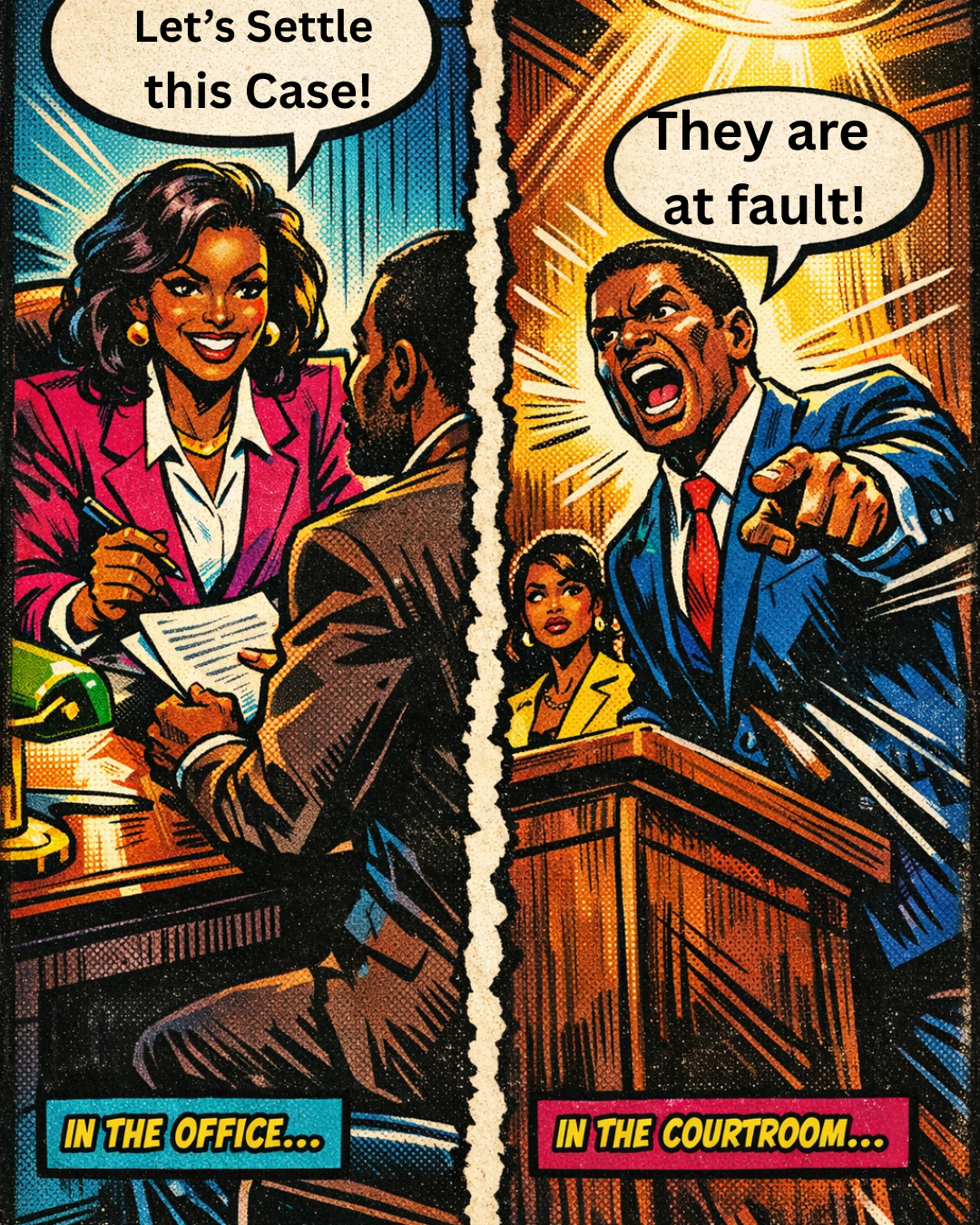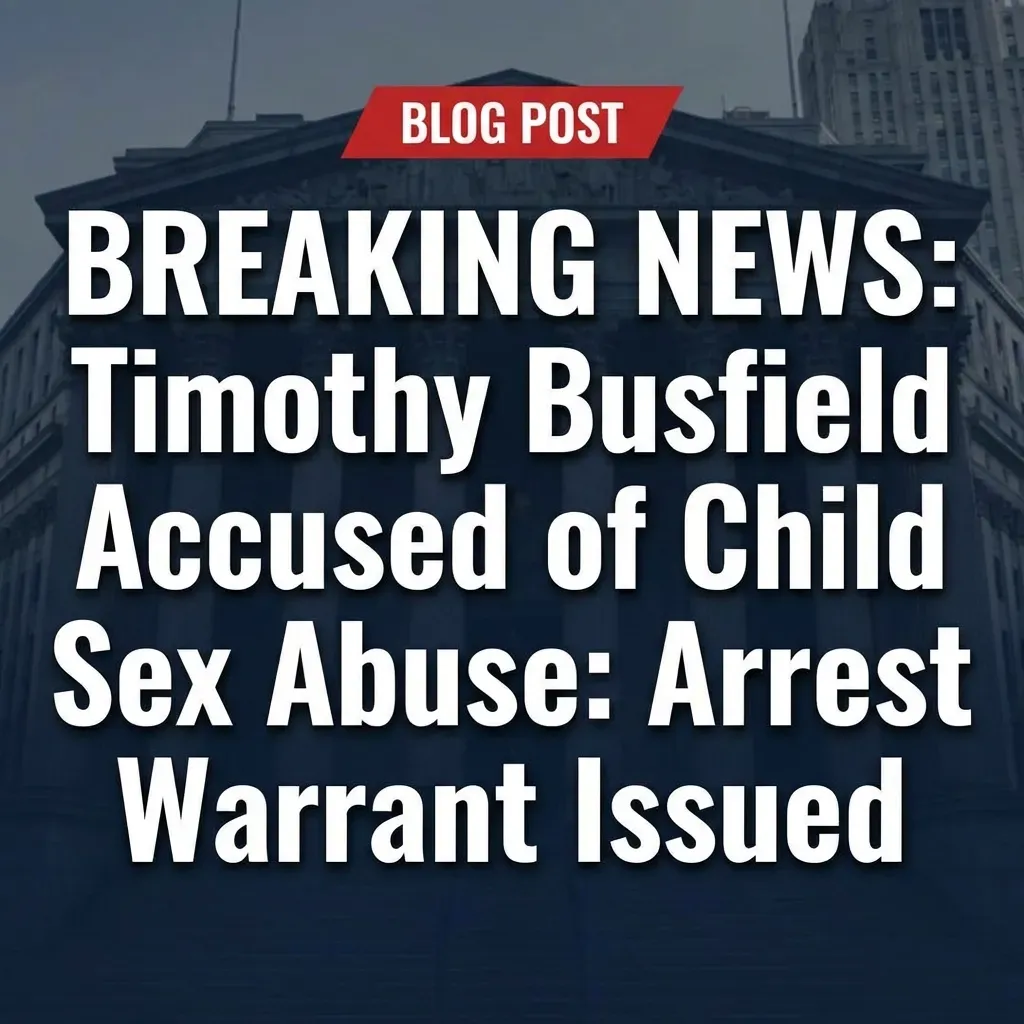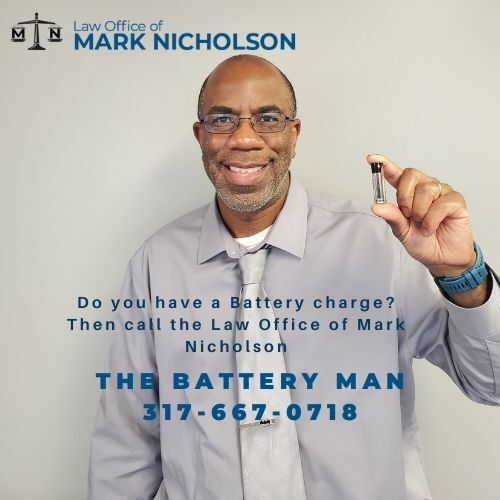Age-Gate Laws Temporarily Blocked by Federal Court
The State's Own Expert Criticized the Law He Was Supposed to Be Defending

Legal News: The first attempts by several US states to age-gate the Internet have begun to be blocked by courts. A Texas law requiring ID to access websites with adult content and an Arkansas bill demanding ID to access some social media platforms were both blocked by preliminary injunctions yesterday, according to court orders. Otherwise, both laws would have come into force on September 1, 2023.
The Social Media Safety Act in Arkansas prohibits minors from opening accounts without parental consent on social media platforms that generate more than $100 million annually, whereas the Texas law is more focused on preventing minors from accessing specific content that is not age-appropriate. Additionally, the court found that the law was poorly researched, vaguely defined, and probably unconstitutional.
Strangely, the Social Media Safety Act in Arkansas would not apply to some more widely used sites for children, like YouTube, but would instead apply to some apparent ones, like Facebook or TikTok. Because the law was too ambiguous, Netchoice, a trade association for platforms that would probably be affected by it (including Facebook, Instagram, Twitter, TikTok, Snapchat, Pinterest, and Nextdoor), filed a lawsuit to prevent it. According to Netchoice, other services, including Snapchat, weren't even sure if the regulation applied to them.
In the end, US district judge Timothy Brooks issued the preliminary injunction to prevent Arkansas Attorney General Tim Griffin from executing the statute because he believed it to be unconstitutionally ambiguous and potentially in violation of the First Amendment by limiting access to speech. According to Brooks, even the state itself wasn't certain if the statute applied to Snapchat.
Platforms are challenged by this ambiguity since they risk a $2,500 fine for each infraction and high compliance expenditures. Nextdoor, which is required to abide by the statute, informed the court that doing so would increase company expenditures by as much as 3000%.
There was some confusion when the state's witness, Tony Allen, a British expert on age verification requirements who worked on the UK's Online Safety Bill, first claimed that Snapchat was covered by the Social Media Safety Act before the state's attorney later contradicted him. Neither party could agree on what Snapchat's main goal was. Was the app mostly used for direct messaging, which is prohibited by law, or was it largely used for "interacting socially with other profiles and accounts" as a covered social media platform under the law? Nobody was certain.
This discussion played a role in Brooks' decision that the Arkansas statute "is unconstitutionally vague because it fails to adequately define which entities are subject to its requirements." Additionally, Brooks argued that because the rule would restrict free speech, the court had a stronger obligation to prevent its implementation because it "is critical 'to ensure that ambiguity does not chill protected speech.'"
According to a statement from the Arkansas attorney general, Griffin, he was "disappointed" by the decision and intended to "continue to vigorously defend the law and protect our children."
Netchoice has contended that legislation requiring parental approval, like the one in Arkansas, which some states, like Georgia, are currently considering and others, like Texas and Utah, have already passed, infringe on the First Amendment rights of Internet users. All Internet users are required under these rules to produce identification information in order to access platforms, either by uploading official government documents or submitting to biometric scans, which is likely to deter many users from accessing websites who value their privacy.
The Court concurs, according to Brooks. The age-verification procedures are likely to discourage many individuals who would otherwise be interested in opening accounts on regulated social media platforms, which will stifle their speech. The law would "obviously burden minors' First Amendment rights," Brook continued.
Until the issue is resolved, the preliminary injunction will prevent Arkansas from applying the statute. According to Brooks' assessment, Arkansas will probably have difficulty defending against constitutionality claims because the law, as it stands, "is not targeted to address the harms it has identified, and further research is necessary before the State may begin to construct a regulation that is narrowly tailored to address the harms that minors face due to prolonged use of certain social media." There is a real danger these laws will violate their freedom of speech.
Free speech advocate,
attorney Mark Nicholson said, "I'm pleased with the court upholding the First Amendment and stopping these unconstitutional age-gate laws. This is an attempt by the government to censor free speech online and undermine the privacy of citizens. I hope the law is permanently struck down, and it doesn't grow roots in any other states!"






















